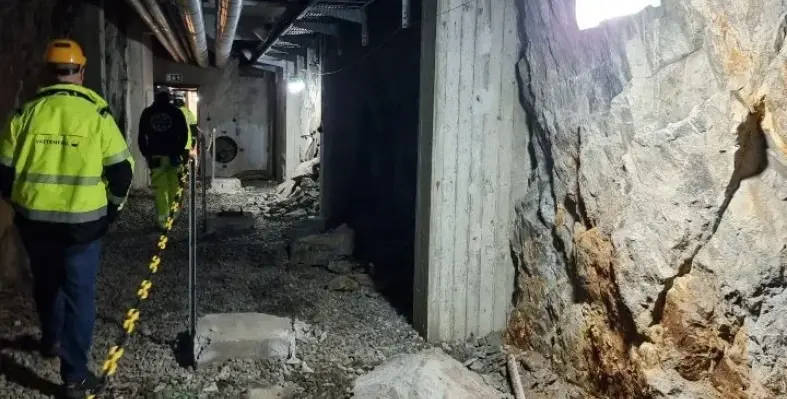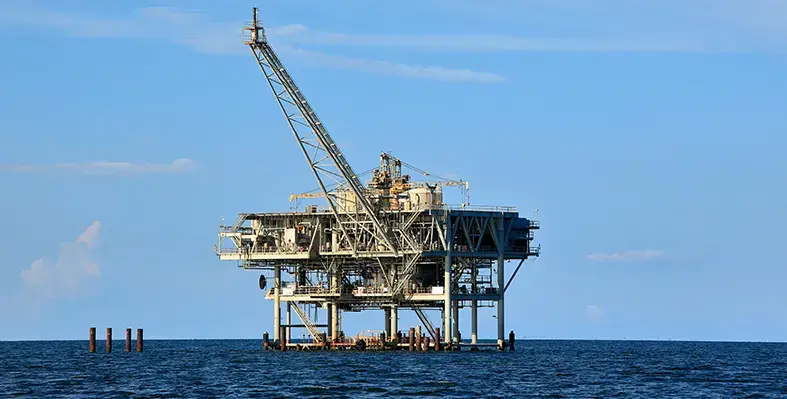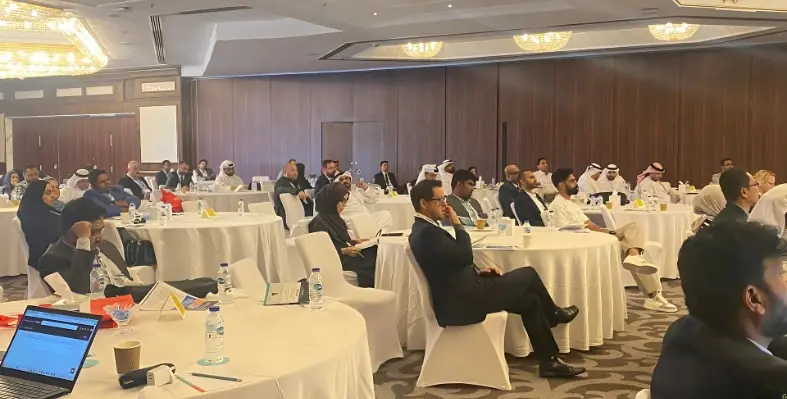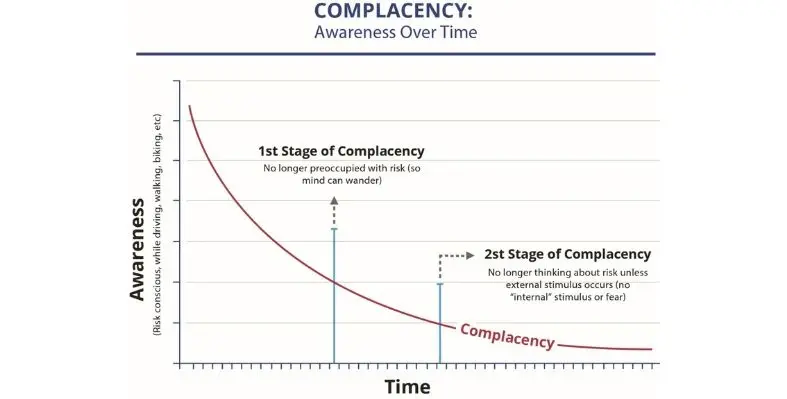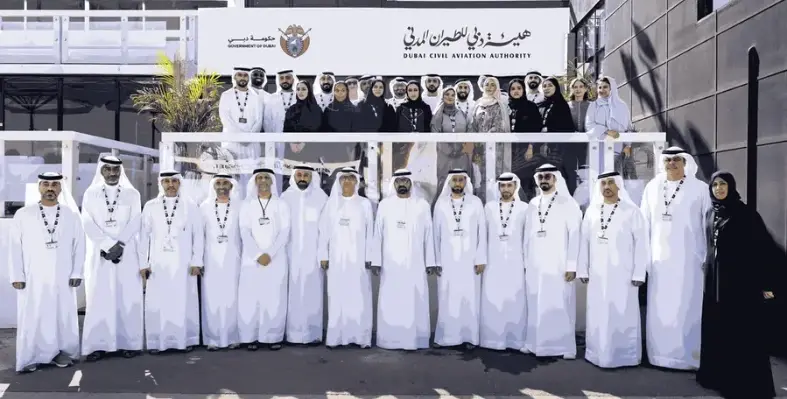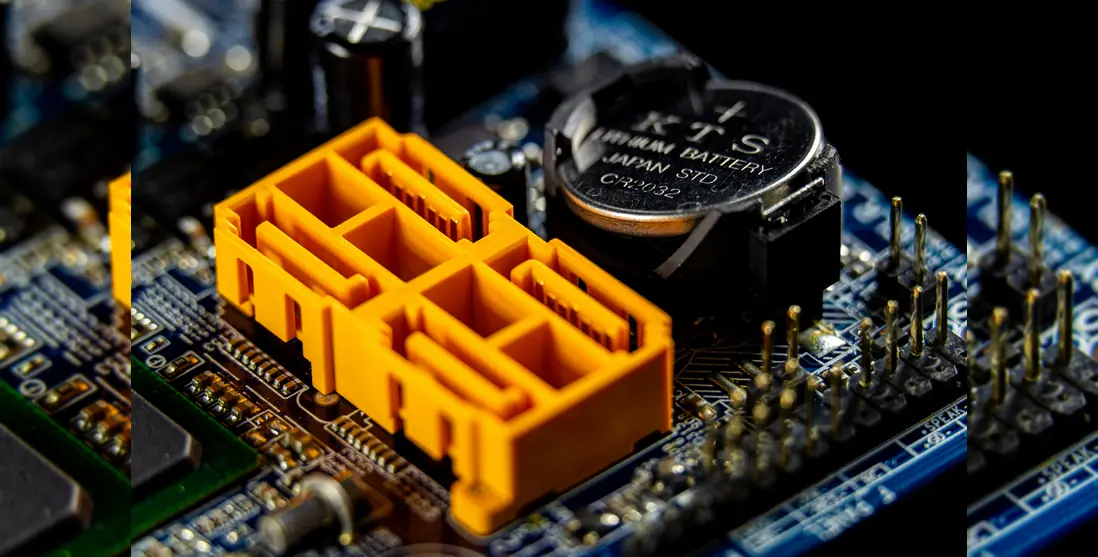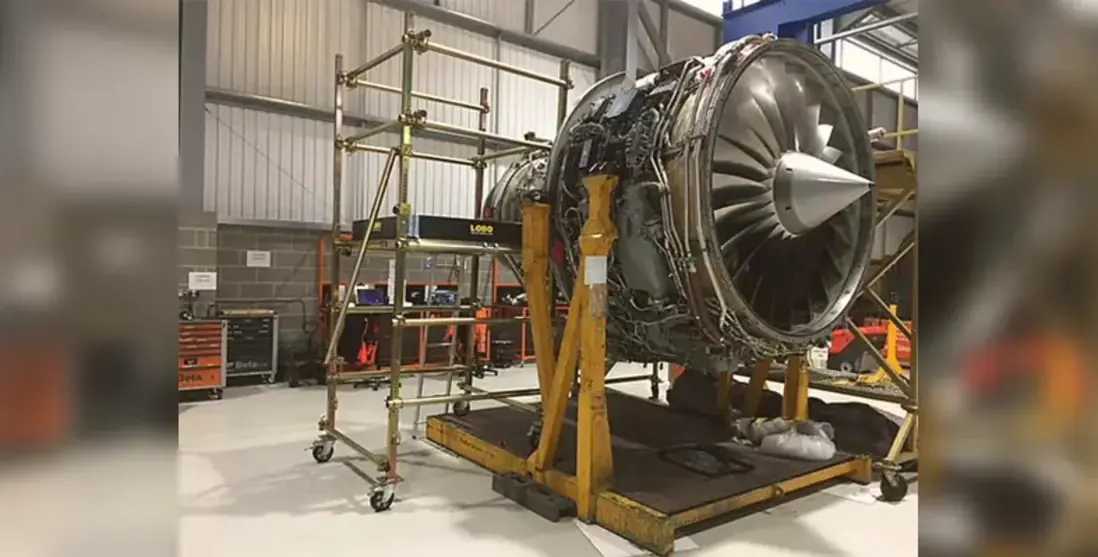The new terminal of Muscat International Airport, which was opened in March 2018, is benefiting its passengers from enhanced operations and overall security provided by Thales
The new terminal aims to service a 17 per cent increase in passenger arrivals per year.
According to the recent reports, the airport witnessed a growth in annual passenger arrivals of 17 per cent in 2017 to 14mn compared to 2016. The airport is equipped to manage 20mn annual visitors helping the Sultanate realise their goals in line with their National Strategy for Tourism 2040.
This growth in visitor arrivals is complemented by an increase in aircraft movement, with Oman Air announcing the addition of new routes and fleet to serve Europe and North Africa.
Thales, a provider of integrated security and telecommunications solutions for critical infrastructures, has met the demand for enhanced security at the new airport as master system integrator for the implementation of the integrated security management solutions.
Roger Daix, vice-president of Thales Middle East, said, “Through our industry-leading solutions, we are ensuring efficient operations and the safety and security of the overall infrastructure as well as that of the passengers. We would like to thank the authorities in Oman, the Ministry of Transport and Communication of Oman (MOTC) and Public Authority for Civil Aviation (PACA) as due to our partnership we are able to continue supporting their efforts in the development of major infrastructure projects within the country.”
The state-of-the-art technologies provided by Thales, focus on the Airport Operation Control Centres and include an advanced perimeter intrusion detection system, video surveillance system with video analytics, access control, screening equipment, E-gates, security checkpoints, as well as a full Airport IT suite that manages airport operations supported by an information broker to handle integration and communications between systems.
The infrastructure is complemented by fully redundant data centres, including the server farms and the storage area network, access and backbone network as well as trunked radio systems and network security appliances to ensure high performance, reliability and quality of services.







